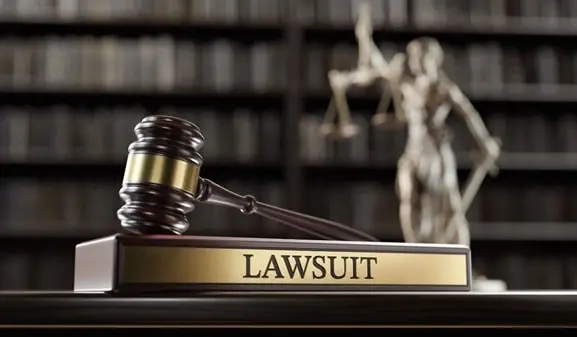Spartan Capital Securities, a prominent brokerage firm in New York, finds itself at the center of a high-stakes legal battle, raising questions about its ethical practices and client transparency. The lawsuit, primarily involving allegations of securities fraud, has garnered significant attention from regulators like the Securities and Exchange Commission (SEC) and the Financial Industry Regulatory Authority (FINRA). This article delves into the core of the lawsuit, exploring the charges, legal strategies, and the broader impact on the financial industry.
Core Allegations: Fraud and Mismanagement
The Spartan Capital lawsuit focuses on several serious claims of financial misconduct. Among the most damaging is the accusation that the firm participated in a “pump-and-dump” scheme involving penny stocks. In this type of fraud, stock prices are artificially inflated through misleading information, allowing insiders to sell off their shares at a profit before the prices collapse. The SEC alleges that Spartan Capital manipulated financial statements, leading investors to suffer significant losses while the firm and its associates reaped profits.
Additionally, the firm is accused of misrepresenting critical information about high-risk investments, failing to disclose key risks to clients. This lack of transparency is at the heart of the investors’ grievances, many of whom claim they were blindsided by losses they believe were caused by intentional deceit, rather than normal market fluctuations. These allegations have eroded investor trust and prompted many clients to withdraw their funds from the firm.
Regulatory Scrutiny and Legal Repercussions
As the lawsuit unfolds, Spartan Capital faces extensive scrutiny from regulatory bodies. The SEC and FINRA have launched investigations into the firm’s practices, and there are potential penalties on the horizon. Should the allegations be proven in court, Spartan Capital could face significant fines, sanctions, and possibly the revocation of its brokerage license. These regulatory actions are designed not only to punish misconduct but also to reinforce compliance across the industry.
The legal battle has already resulted in substantial fines for those involved. Key figures in the alleged scheme, including Spartan Capital executives, have faced fines of up to $250,000, with additional penalties imposed on partner entities like Island Stock Transfer. The court has also ordered the repayment of ill-gotten gains, sending a strong message about the consequences of violating securities laws.
Defense Strategies and Corporate Response
In response to the lawsuit, Spartan Capital has mounted a robust defense, denying the allegations of fraud and misconduct. The firm’s legal team argues that the losses suffered by investors were the result of market conditions, not any malfeasance on their part. Their defense emphasizes that Spartan Capital operated within legal boundaries and provided sufficient disclosures about the risks involved in the investments.
To manage the fallout, Spartan Capital has implemented public relations strategies, issuing statements that reinforce the firm’s commitment to ethical practices and compliance with regulations. In an effort to regain public trust, the company has pledged to review and improve its internal controls and compliance measures, seeking to reassure current and future clients.
Broader Industry Impact
The Spartan Capital lawsuit has implications that extend beyond the firm itself, potentially reshaping the financial industry. As the case has unfolded, it has raised awareness about the risks of securities fraud, prompting other firms to examine their own practices to avoid similar legal challenges. Increased regulatory scrutiny is likely across the sector, as watchdog organizations and regulators push for tighter oversight and stronger protections for investors.
The lawsuit has also sparked conversations among investors about the importance of due diligence. Clients are now more cautious, demanding higher levels of transparency from financial advisors and institutions. This shift in investor behavior may lead to long-term changes in how brokerage firms operate, particularly in terms of risk disclosure and client communication.
Potential Outcomes and Consequences
As the lawsuit progresses, Spartan Capital could face a range of possible outcomes. A settlement is one likely scenario, where the firm would agree to compensate affected investors without admitting wrongdoing. Alternatively, the case could go to trial, with a court ruling potentially imposing stricter penalties, including larger fines or operational restrictions. Should Spartan Capital be found liable, it could suffer irreparable reputational damage, making it difficult to attract new clients or raise capital in the future.
If Spartan Capital successfully defends itself, the firm will need to engage in extensive reputation management to recover from the negative publicity. However, even in the best-case scenario for the firm, the lawsuit has already underscored the need for increased vigilance in maintaining compliance and ethical standards.
Conclusion
The Spartan Capital lawsuit serves as a critical moment for both the firm and the broader financial services industry. It highlights the importance of transparency, ethical practices, and regulatory compliance in maintaining investor trust. As the case moves forward, its outcome will likely influence future regulatory frameworks and shape the practices of financial institutions for years to come. For now, Spartan Capital’s fate hangs in the balance, with its ability to navigate these legal challenges determining whether it can emerge from this scandal intact.


